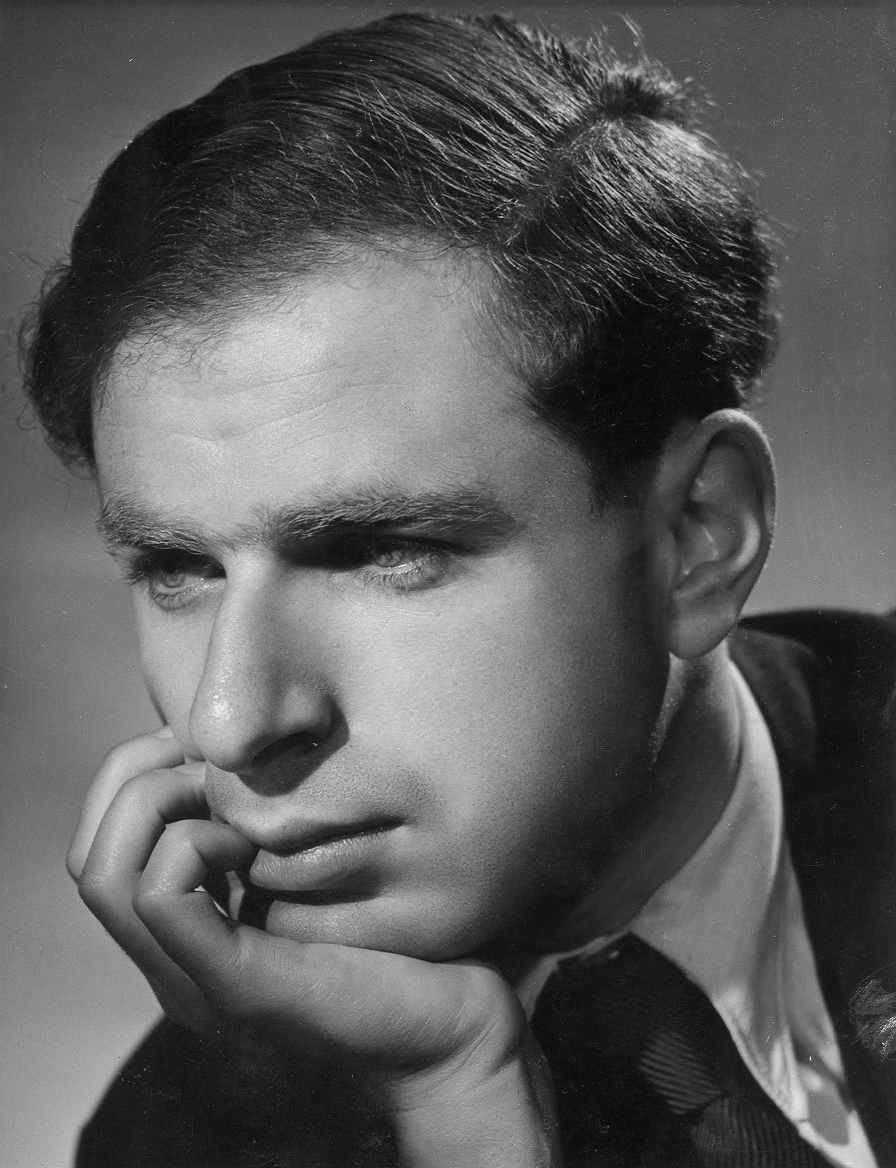PETER BROOK
(21 March 1925 – 2 July 2022)
The celebrated British theatre and film director Peter Brook, who has died aged 97, was always a fringe figure in the arts world. He not only directed straight drama but also musicals and operas. In a long career he worked for the Royal Shakespeare and Royal Opera companies as well as staging productions in New York and founding his own company based in France. He received multiple international awards as well as university and public honours. During his illustrious lifetime, he also made several films for the cinema and television, as well as writing ten books on various aspects of the theatre.
Peter Stephen Paul Brook was born in Chiswick in West London to the pharmacist Simon Brook and his wife Ida, Lithuanian Jewish immigrants from Latvia. Peter was educated at Westminster School, Gresham's School in Norfolk and Magdalen College, Oxford. His first production in London was Christopher Marlowe's Doctor Faustus in 1943 and then he went on to direct Jean Cocteau's The Infernal Machine before joining Birmingham Repertory Theatre in 1945. He also directed plays by Shaw, Shakespeare, Chekhov, Beckett, Thomas Otway and Jean Anouilh. Among the modern plays he staged were works by T.S. Eliot, John Whiting, Arthur Miller, Ted Hughes, Graham Greene, Christopher Fry, Caryl Churchill and an adaptation of Oliver Sacks' book The Man Who Mistook His Wife for a Hat.
In 1970 he staged a famously ‘modern’ production of A Midsummer Night's Dream set in a circus arena, with Ben Kingsley, Patrick Stewart, Frances de la Tour and John Kane as a plate-spinning Puck. Brook also joined the Royal Opera House in Covent Garden where he mounted Puccini's La Boheme and Richard Strauss's Salome, a controversial production designed by Salvador Dali. Controversy was seldom far away during Brook's theatrical career. Having been co-director with Peter Hall of the Royal Shakespeare Company (from 1962), he introduced a season of Theatre of Cruelty, influenced by Antonin Artaud and then, inspired by the work of Jerzy Grotowski, staged experimental productions of works by Brecht, Meyerhold, Gurdjieff and others. He also directed the first English-language production of Peter Weiss's Marat/Sade.
In his early days as a director he wasn't averse to staging long-running West End hits such as the musical Irma la Douce and the French boulevard comedy The Little Hut. Later on, however, much of his work was based in Paris at the Bouffes du Nord Theatre where in 1971 with Micheline Rozan he founded the International Centre for Theatre Research, drawing on actors, dancers and musicians from all over the world and sending them to play in all sorts of non-theatrical venues such as hostels, refugee camps, deserts and villages. In 1985 he completed his adaptation of The Mahabharata, the epic Indian poem which he turned into a nine-hour theatre play, then a six-hour television series in 1989 and finally a three-hour version for the cinema and DVD release.
Apart from the theatre, Brook worked extensively on film and in television. His first film was The Beggar's Opera in 1953, with Laurence Olivier. Moderato Cantabile (1960, aka Seven Days... Seven Nights) was a French thriller based on the novel by Marguerite Duras, with Jeanne Moreau and Jean-Paul Belmondo. In 1963 he directed Lord of the Flies from William Golding's novel, a film that, although it looked rough and ready, captured the essence of the novel exceedingly well. Ride of the Valkyrie was a 1967 short, part of a projected portmanteau production that had a very limited release.
Brook filmed his RSC production of Marat/Sade with his stage cast, including Glenda Jackson, Ian Richardson, Freddie Jones and with Patrick Magee as the Marquis de Sade. Another RSC production, Tell Me Lies, based on Denis Cannan's play US about the Vietnam war, was filmed in London with the RSC cast and a plethora of famous commentators.
Other films included King Lear (1971) with Paul Scofield, as well as G.I. Gurdjieff's Meetings with Remarkable Men (1979) starring Dragan Maksimović, Terence Stamp, Warren Mitchell, Athol Fugard and Brook's wife, Natasha Parry. Brook also co-wrote the screenplay for Volker Schlöndorff’s film of Marcel Proust's Swann in Love (1984) with Jeremy Irons. He then made a television version of Hamlet (2002) with Adrian Lester and Natasha Parry (as Gertrude) and, with his son Simon, worked on the documentary The Tightrope, which was an account of his work as a theatre director.
In his time, Peter Brook won Tony awards for Marat/Sade and A Midsummer Night's Dream, Emmys for Carmen and The Mahabharata, the Prix Italia, the Europe Theatre Prize, the Kyoto Prize in Arts and Philosophy, the Ibsen Award, a special Olivier award in 1983 and, in 2008, the London Critics' Circle Award for Distinguished Service to the Arts. Among public honours he received the CBE, the Legion d'honneur, honorary fellowships of the Universities of Birmingham, Magdalen College Oxford and Strathclyde, and the Padma Shri Indian civilian award. Brook was made Companion of Honour in 1998, having declined an earlier knighthood.
The secret of Peter Brook's success was that he thought on a global scale. For him nothing was too large, too complex or too impossible. He conquered the art of theatre and remained his own man. There never was any other director of his magnitude and it is unlikely that there will ever again be such a master of world theatre. He influenced other directors, too, who constantly sought his advice and the world of the arts generally has been fortunate to have such a talent among its company.
Peter Brook married the actress Natasha Parry in 1951 and they have two children, the actress and director Irina, and the director Simon. Natasha died in 2015 from a stroke at the age of 84 .
MICHAEL DARVELL

